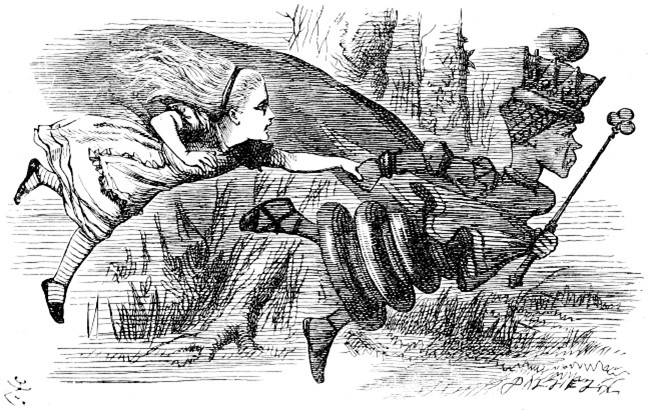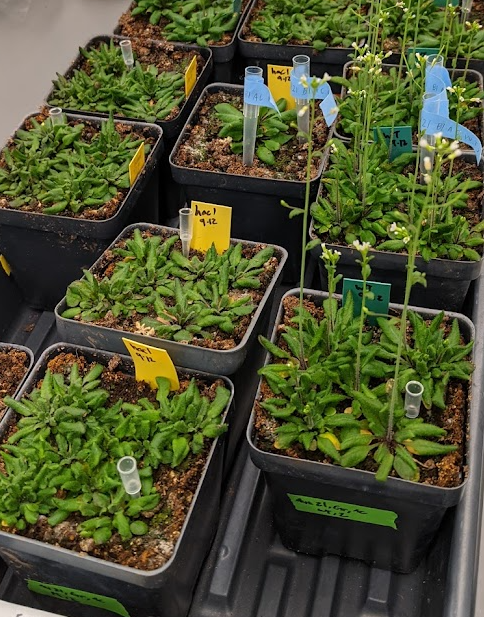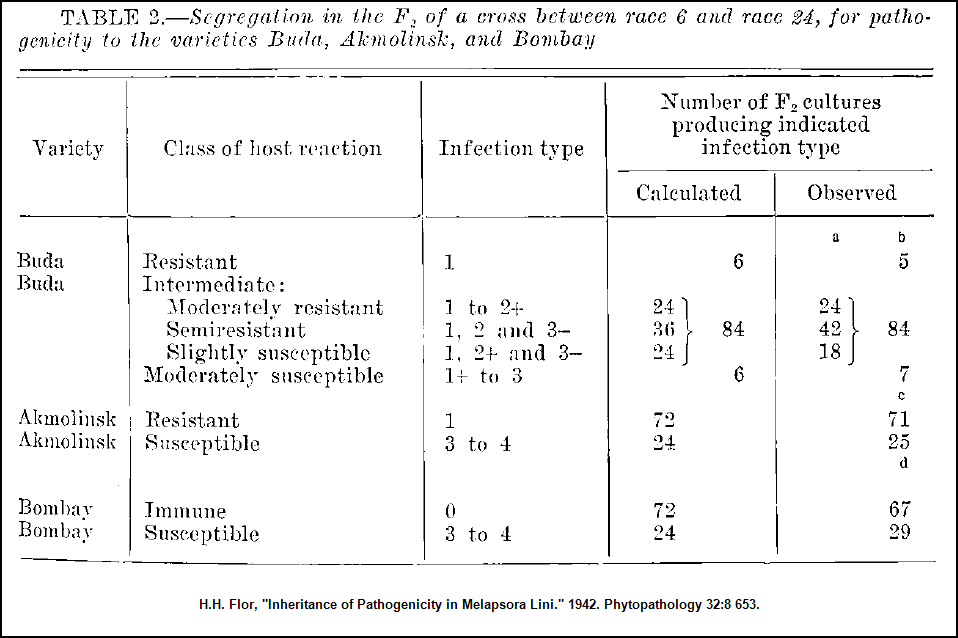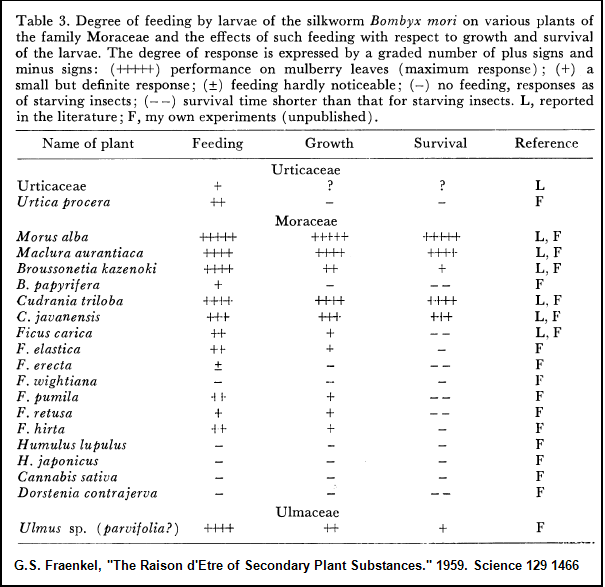Biology 426: Comparative Immunology
Winter 2022 Syllabus
Bacteria, invertebrates, vertebrates, and plants recognize and respond to attackers using sophisticated immune systems. Despite differences, all immune systems are under constant evolutionary pressure to maintain specific recognition of attackers, reminiscent of the Red Queen’s description of Wonderland, “it takes all the running you can do to keep in the same place.”
After theoretical grounding in immunology and molecular phylogenetics, we will focus on receptor-based mechanisms in innate and adaptive immune systems which detect non-self and modified-self molecular patterns.
In the first half of the course we will read primary scientific literature and complete skills exercises in bioinformatics and structure-function analysis. In the second half, groups will work together to analyze a set of genomes, investigate the molecular players involved in an immune system interaction, and present a novel hypothesis based on findings.
Previous quarters have published their findings at the following links:
(Winter 2022 Figshare files)

Biology 400: Experiments in Molecular Biology
Autumn 2021 Syllabus
In Biol 400 we will use the model organism Arabidopsis thaliana to address the broad research question of how plants respond to environmental challenges atthe level of gene regulation. Students propose and carry out a reverse genetic experiment measuring gene expression in defined Arabidopsis mutant plants. Students will write a formal research proposal justifying their hypotheses and predictions. Wet lab skills include PCR and primer design, DNA and RNA extraction, RT-qPCR and downstream data analysis, and experimental design.

Biology 504: Tutorial in Plant Immunology
Inducible defense responses mediated by the plant immune system are critical for plant health. Successful pests and pathogens suppress, evade, or tolerate immune responses, with devastating outcomes in nature and agriculture. Tutorial readings and discussions will explore the past 30+ years of research dissecting molecular mechanisms of plant immunity. Each of 5 weeks will focus on a different theme
Week 1 – History of plant immunology: R genes and effectors
Week 2 – Current topics in NLR Biology
Week 3 – Current topics in RK/RLP Biology


Week 4 – History chemical ecology: inducible secondary metabolism
Week 5 – Current topics in plant-herbivore interactions

